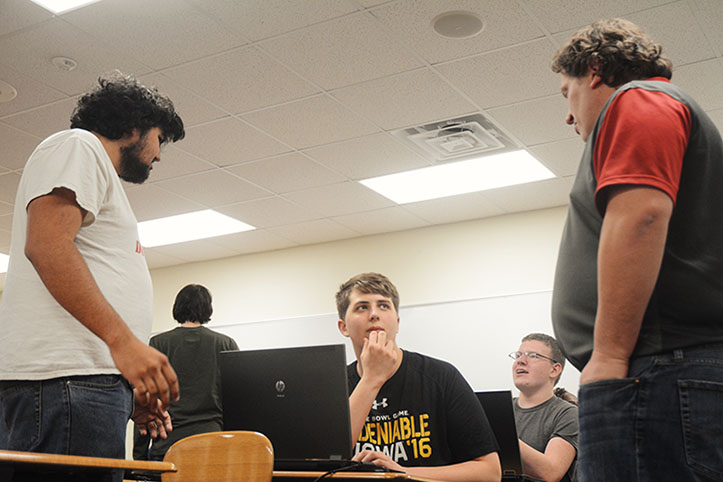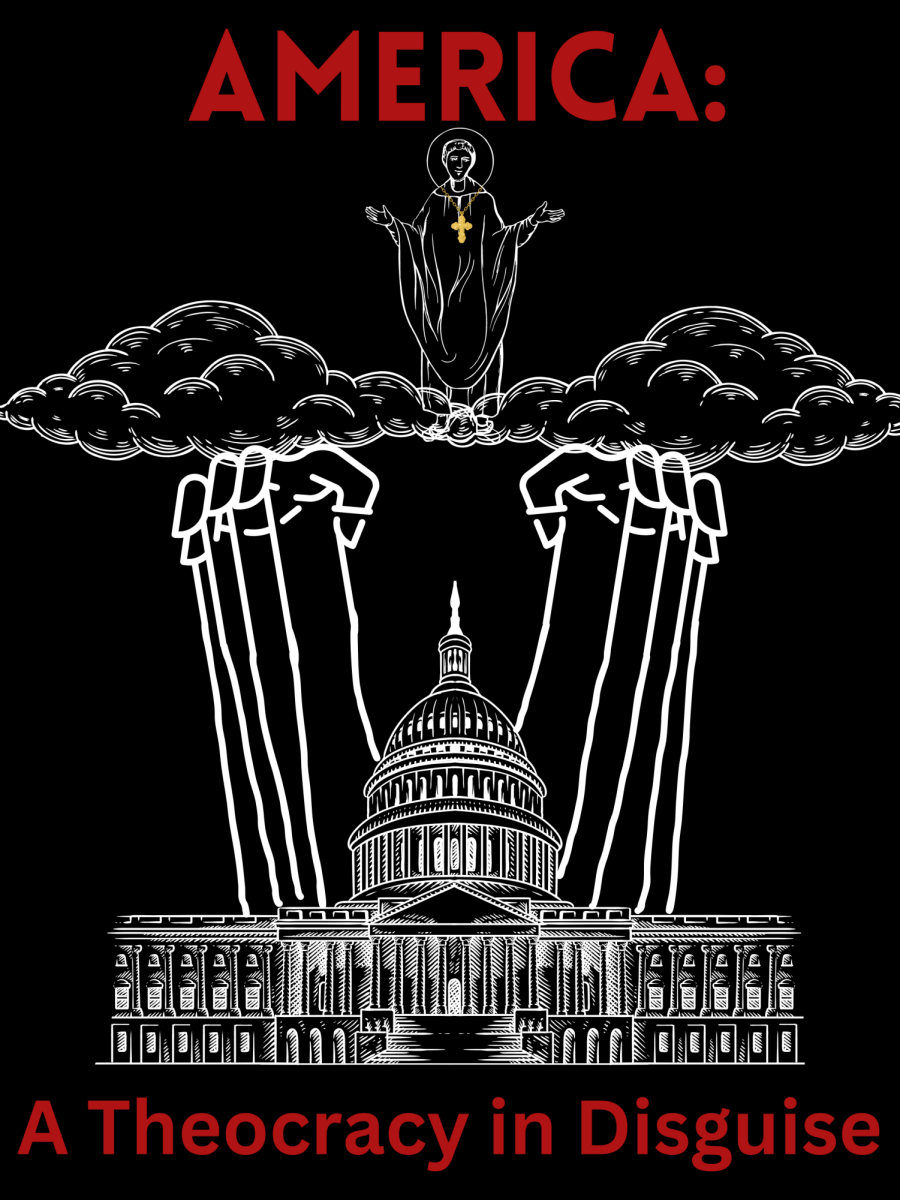Since we were in elementary school we have always been taught that there are two sides to every story, and that only listening to one makes you misinformed. The fact is that we should always hear both sides out in order to accurately understand a situation. However, we often seem to ignore that idea and we pick one side and assume that is the only reality. Hacking is one of many concepts that people are one sided to. In reality hacking is not a bad thing – and I am of the belief that we need to be more aware of what hacking is.
A big problem is that many do not have a clear idea of what hacking is. I am sure many of you have heard the term “life hack”. The idea behind this is using something for its unintended purpose. That is all what hacking is. If you buy a phone, or any new technology item most people have a mindset similar to “what can this item do?” but a hacker instead thinks “what can I make this do”. Senior Yash Gupta, who has had formal education for the University of Iowa in Java, and interned at two IT companies, said, “Paper is used for writing on, but you make a paper airplane. That’s the same concept of hacking,” Gupta said.
Hacking is more than an action, but more of an idea or a mindset. Computer science teacher Justin Lewis describes what a hacker’s mindset is – something that he observes from his students. “If we were looking at a group of students, and I had to point out one that has that mindset, it’s going to be that kid who never settles, and always questions,” Lewis said. “They’re not willing to just accept something for the way it is.”
So where did this negative connotation for hacking come from? My belief is the coverage hacking gets from the media. “Hacking is a word that has been hijacked by the general media,” Gupta said.
The best example to make this clear is a parallel with police officers. There are lots of police officers in the world. Like every group of people, some use their power for good, and others do not. If an officer does something horrible it makes the news, and eventually some people will get the notion that police officers are bad. However, not all police are bad, many have good, moral intentions. Yet these few bad officers ruin it for the group as a whole. Furthermore, if a police officer did something great, and above and beyond the line of duty.
Some police officers do a lot of things to help their community, however those don’t make the evening news headlines. If a police officer goes above and beyond what is expected, they won’t be the headline on the news, and maybe not on the news at all.
The same can be said for hacking. There are two kinds of hackers in this world, white hat hackers and black hat hackers.
White hat is what companies pay you to do – finding a breach in security so companies can find it. Black hat is what is illegal, which is where the problem takes place.
See, hacking can be extremely useful, and can potentially improve a company’s security, or user interface.
For example, Facebook has a bug bounty program. This is a program in which users of hackers are allowed to find exploits, and report them to Facebook. If you come across an exploit, do minimal damage, and stay quiet about it, Facebook will pay you for your time. According to their bug bounty page, a report is considered eligible or valid if “[it] could compromise the integrity of user data, circumvent the privacy protections of user data, or enable access to a system within our infrastructure.” If accepted, a starting bounty is at least $500, and has no maximum value. This program seems to be working for Facebook. In 2014 there were a total of 17,011 submissions. Of that, 321 of those were considered valid. Furthermore, 61 reports were high security, which is a 49% more than 2013.
All this boils down to something Lewis put very well. He believes, as do I, that hackers will want to be curious regardless of what the law says. “[What it comes down to] is getting people to see the benefit of [white hat] hacking”. Lewis said. By making it worth their time, hackers will be more likely to stick to the legal method, something that will benefit both parties.







